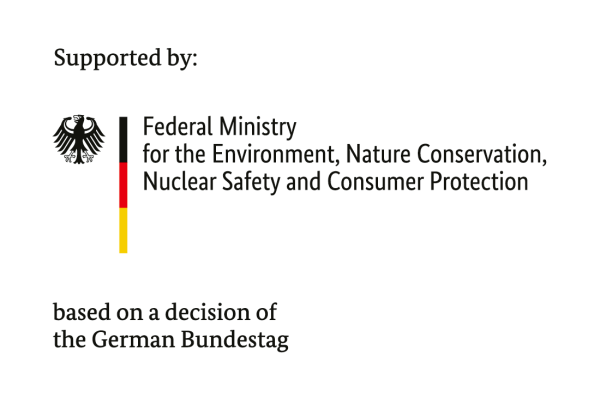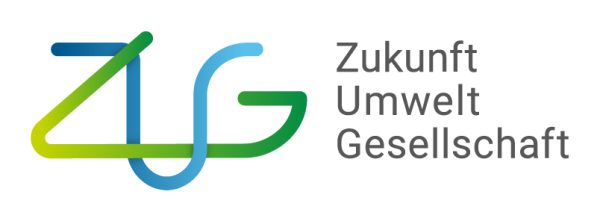Strengthening electronic participation rights in environmental protection in the European Union (Aarhus-Strong)
Digital Public Participation is a vital element of modern democracy. Especially when it comes to infrastructural projects such as power plants, factories or railway networks, the whole society is affected. The legislation of the European Union (EU) and the Aarhus Convention provides for a comprehensive Environmental Impact Assessment (EIA), where the public concerned can contribute their needs and expertise. Authorities are obliged to publish information on the planned projects and offer online EIA portals. Yet the implementation of EIA-portals across the EU is quite inconsistent and new opportunities for electronic participation offered by the digital transformation are currently not reflected in participation processes.
The overall objective of the project “Aarhus-Strong” is therefore to strengthen electronic participation practices of member state authorities within the EU. It must be ensured that the environmental administration takes greater account of the expertise, perspectives and proposals for action of the (young) public and environmental associations in the planning and approval of environment-related projects, plans and programs.
In cooperation with our Slovenian project partner (PIC – Legal Center for the Protection of Human Rights and the Environment) and the project partners from Estonia (Estonian Environmental Law Centre), Spain (International Institute for Law and the Environment) and Hungary (Environmental Management and Law Association), we analysed the current status of digital public participation in environmentally relevant planning and approval procedures in the respective countries and identified national challenges and examples of good practice.
Duration
11/2021 – 09/2024
Funded by
 Federal Ministry for the Environment, Nature Conservation, Nuclear Safety and Consumer Protection
Federal Ministry for the Environment, Nature Conservation, Nuclear Safety and Consumer Protection

Zukunft – Umwelt – Gesellschaft (ZUG) gGmbH
Contact:
aarhus-strong-project@ufu.de
Aarhus digital
Based on our analyses, we have created the practice-oriented guide Aarhus Digital in the form of a website, which presents good practice examples for the design of participation portals from eleven EU and non-EU countries. The guide serves as inspiration for European environmental administrations and other stakeholders. It is intended to support the creation of digital competences and capacities within environmental authorities. The guide is also relevant for interested citizens and environmental organisations and provides background information on the Aarhus Convention, a toolbox for digital public participation and further information on online public hearings.
The basis for the practical guide was the country report, which was developed in collaboration with our project partners. In the report, we analyse the status of digital public participation in Estonia, Germany, Slovenia, Spain and Hungary. The study examines the impact of the COVID-19 pandemic on digital public participation, as this has led in particular to the digitisation of face-to-face public hearings. The study also focuses on the design of EIA portals or comparable online services. The results show that the degree of digitisation of the EIA portals varies greatly in the countries examined. Effective participation is hardly possible in some cases, although the rights of the Aarhus Convention apply to all EU citizens.
Country Reports:
Policy Papers:
Workshop Results:
Press about the project (in German):
So far, we have organised three workshops with an international audience of experts, where we discussed the participation situation in various EU countries with country experts and published a policy paper focusing on EU legislation.
The project also included the “European Innovation Lab”, a competition in which young experts from the EU were able to submit their ideas and suggestions for the design of a platform that meets the requirements and objectives of modern digital public participation. The first prize went to the Discourse model.
The project results will be presented at a final event in November 2024, at which NGOs, lawyers, project developers and representatives of environmental authorities can exchange views on digital participation opportunities.




